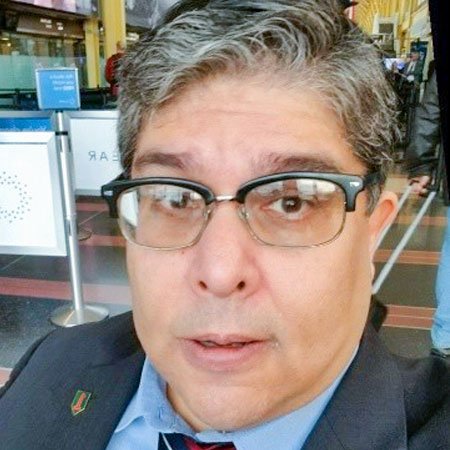Bruce Klingner served as CIA’s deputy division chief for Korean analysis. He is with Heritage Foundation now. The man has a plan.
Another shocking revelation by @YeonmiParkNK during our conversation about her experience in North Korea. It was an incredibly intense podcast about the horrors the people of North Korea have been and still are subject to.
Listen to our conversation:https://t.co/9e5h3rbo7o pic.twitter.com/Xo1vESSS8w
— Dr Jordan B Peterson (@jordanbpeterson) July 12, 2021
Klingner: “Speculation over internal conditions in North Korea and the stability of its regime is even more rampant than usual.
Reports of food shortages, a COVID outbreak and political volatility have fanned much of the speculation. Kim Jong Un’s recent extended absence from public view simply fueled the fire, triggering renewed rumors of health problems.
Still, it never pays to sell the regime short. It has outlived countless previous reports of its imminent demise.
Kim has now reappeared much thinner than before, but this has only fueled more speculation. His return to the scene coincided with senior leadership meetings in which he warned of dire food shortages, a dangerous influx of foreign influence and a ‘grave’ breach of the country’s defenses against the COVID virus. Some experts interpreted the trifecta of failings as potentially leading to regime instability or collapse.
Kim acknowledged that the country’s food situation is getting ‘tense,’ going so far as to warn of another ‘arduous march,’ a reference to the 1990s famine that killed an estimated one million people. Crop shortages, skyrocketing food prices and closure of markets have led to increasingly dire conditions.
The Geneva-based Assessment Capacities Project concluded more than 10 million North Koreans are in need of humanitarian assistance. Last month, an unconfirmed report from within North Korea indicated less than 30% of households are having proper meals. North Korea’s harvest is habitually a million tons short of what is needed for minimal nutritional levels, which is made up in trade or food aid. Pyongyang blames the food crisis on last year’s typhoons and flooding, but decades of failed socialist economic mismanagement and draconian COVID restrictions imposed last year are primarily responsible.
The regime closed its borders last year to prevent a virus outbreak. Subsequently, trade with China, the regime’s principal trading partner, plummeted by 90%. Representatives of international nongovernmental organizations, which could facilitate food aid, have all departed the country. Pyongyang has repeatedly refused international offers of COVID support and food or rejected monitoring of aid distribution. While the combination of these factors seems to portend regime instability or even collapse, three generations of the Kim family have proven remarkably adept at outlasting and outmaneuvering threats to their hold on power.
Some experts blame international sanctions for food shortages. However, there are no U.N. or U.S. sanctions on food, medicine or humanitarian assistance. All U.N. resolutions and U.S. laws have language highlighting that any punitive measures do not cover those items. That said, Washington should work with the U.N. sanctions committee to expeditiously process requests for sanctions exemptions to ensure humanitarian assistance is not inadvertently blocked.
The populace, impoverished and malnourished, is at high risk to a devastating outbreak of COVID. The country’s decrepit medical system, even in normal circumstances, is undersupplied. U.S. policy has long been to keep humanitarian assistance separate from denuclearization negotiations.
Despite previous North Korean rejections of aid, Washington should again offer to provide medical and humanitarian assistance, while maintaining sanctions until the regime ceases the nuclear and missile activity that triggered the sanctions response. Would Kim accept the offer? Probably not. While the North Korean people suffer, he still enjoys a life of luxury. Still, it is an offer worth making.”

Join the Discussion
COMMENTS POLICY: We have no tolerance for messages of violence, racism, vulgarity, obscenity or other such discourteous behavior. Thank you for contributing to a respectful and useful online dialogue.